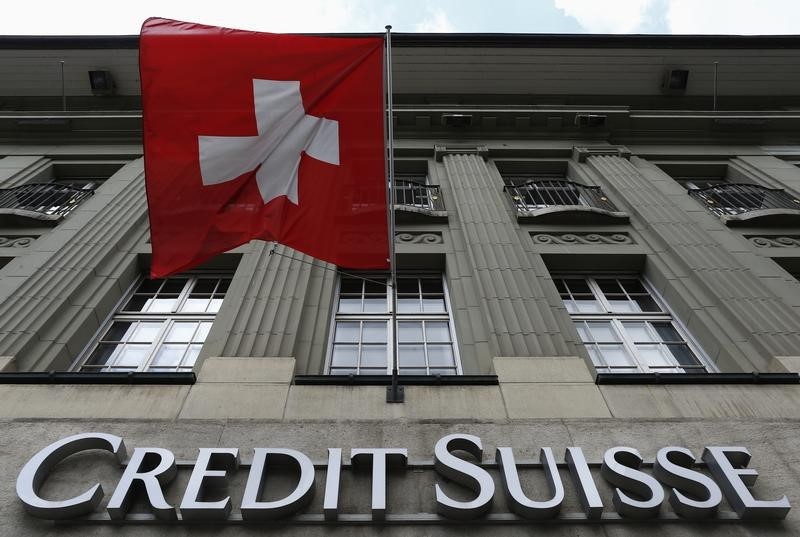By Ambar Warrick
Investing.com -- Embattled Swiss lender Credit Suisse Group AG (SIX:CSGN) (NYSE:CS) said on early-Thursday that it will exercise an option to borrow up to 50 billion Swiss francs ($53.68 billion) from the Swiss National Bank under two loan facilities to shore up liquidity conditions.
The bank said the option will include a covered loan facility, as well as a short-term liquidity facility, as it moves to “preemptively strengthen liquidity.”
The bank also said it will open a cash tender offer to repurchase ten dollar-denominated debt securities for up to $2.5 billion, and a separate tender offer for euro-denominated debt securities for up to €500 million.
The move comes after the bank’s shares plummeted to a record low on Wednesday as its top investor, Saudi National Bank (TADAWUL:1180), said it was unable to provide more funding to the lender.
“These measures demonstrate decisive action to strengthen Credit Suisse as we continue our strategic transformation to deliver value to our clients and other stakeholders,” Credit Suisse CEO Ulrich Koerner said in a statement.
The Swiss National Bank had also pledged support for the lender on Wednesday.
Investors were largely skittish over any further ructions in the banking sector, after the collapse of three U.S. regional banks, most notably Silicon Valley Bank, drummed up concerns of a broader crisis.
Credit Suisse faced increased scrutiny after it flagged “material weakness” in its internal controls over financial reporting, and that it was still facing a deluge of customer outflows.
This also came after the bank saw a string of scandals in recent years, including accusations of corporate espionage, money laundering, and exposure to the Archegos scandal.
The bank is now undertaking restructuring measures to “deliver a simpler and more focused bank.”
Still, the news of more liquidity helped ease some concerns over an imminent banking crisis. U.S. stock futures rose after the announcement, with Dow Jones futures trading up 0.3%.
Asian stocks also pared some earlier losses, with Japan’s Nikkei 225 now trading down 0.8% after losing as much as 1.7%.
